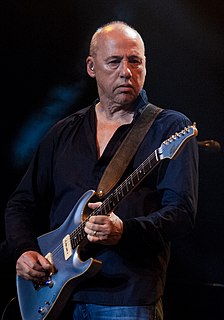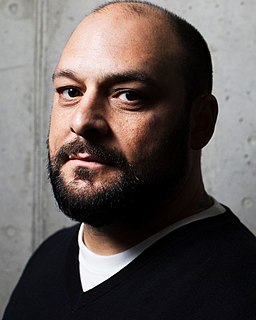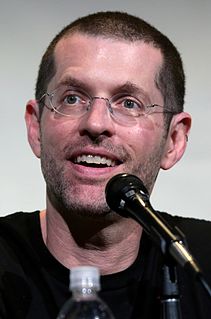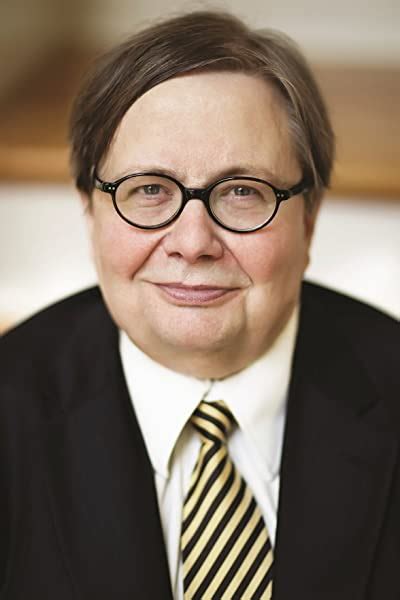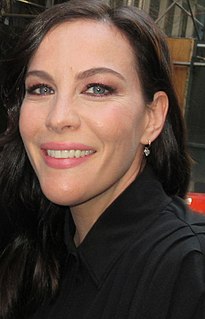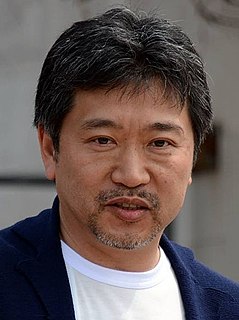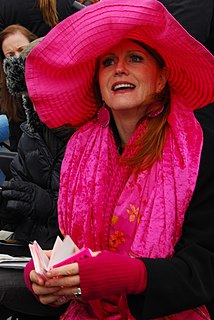A Quote by Said Sayrafiezadeh
I have no personal experience in the military. All I know about it is what I've seen in movies and read in books and watched on television. My knowledge is probably no more or no less than the average person's. 'A Brief Encounter with the Enemy' was created by taking bits and pieces from here and there, and then putting my own spin on them.
Related Quotes
We've seen hate groups rise across the country. But we've also seen an increase in the average person, who looks like your doctor, your lawyer, your mechanic, your dentists, starting to say the same types of rhetoric. Sometimes it's a little bit more polished, something the average person who has underlying racism can attach himself to. I'm less concerned about skinheads and Klansmen now than the average person who feels emboldened, and the militia and sovereign-citizen groups who are certainly tied to white supremacist organizations, training in paramilitary camps.
...We may encounter many defeats, but we must not be defeated. That sounds goody two-shoes, I know, but I believe that a diamond is the result of extreme pressure and time. Less time is crystal. Less than that is coal. Less than that is fossilized leaves. Less than that it's just plain dirt. In all my work, in the movies I write, the lyrics the poetry, the prose, the essays, I am saying that we may encounter many defeats - maybe it's imperative that we encounter the defeats - but we are much stronger than we appear to be and maybe much better than we allow ourselves to be.
Learning to explain phenomena such that one continues to be fascinated by the failure of one's explanations creates a continuing cycle of thinking, that is the crux of intelligence. It isn't that one person knows more than another, then. In as sense, it is important to know less than the next person, or at least to be certain of less, thus enabling more curiosity and less explaining away because one has again encountered a well-known phenomenon. The less you know the more you can find out about, and finding out for oneself is what intelligence is all about.
We know that the elements in play in a show like 'Confederate' are much more raw, much more real, and people come into them much more sensitive and more invested, than they do with a story about a place called 'Westeros,' which none of them had ever heard of before they read the books or watched the show.
The most striking thing to me about human space flight and my own personal experience is that I've seen dramatic changes on Earth. We humans are rapidly changing the planet. I've watched Amazonia as the rainforest has been cut down. That's something I've seen out the window. I'm very worried about that.
I just remember saying to myself that I'd much rather do movies than modeling, and that it was worth a try. I didn't really know anything about it. I hadn't seen many movies, or so-called, good movies. When I was a kid, I was obsessed with Star Wars and Night of the Living Dead. When I got more curious about the movies, I thought they were something you had to learn about and go to school for and read every book.
In the neighborhood around Waseda, there were all these movie theaters, so every morning I left the house and watched movies instead of going to class. The experience of encountering films then is one of my greatest memories. Before that I'd never paid any attention to directors, but there I was taking a crash course in Ozu, Kurosawa, Naruse, Truffaut, Renoir, Fellini. Because I've always been naturally a more introspective person, I was more interested in becoming a screenwriter than a director.


